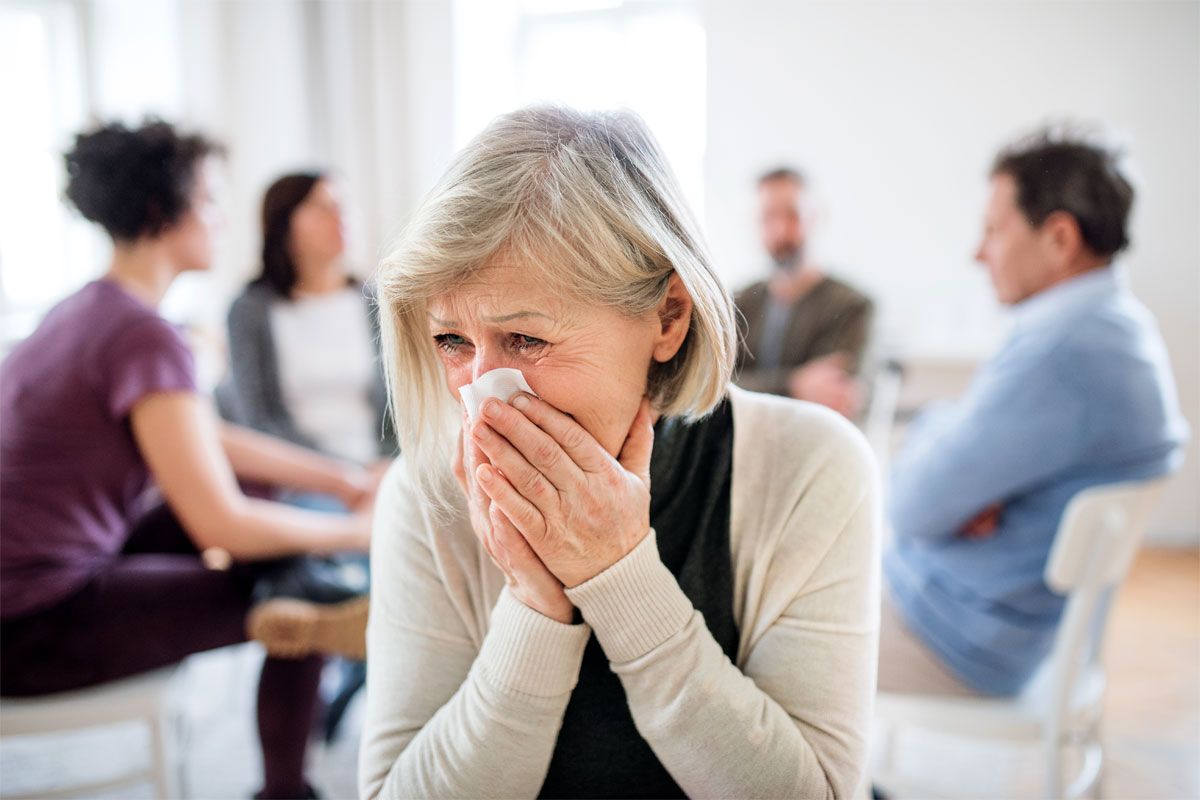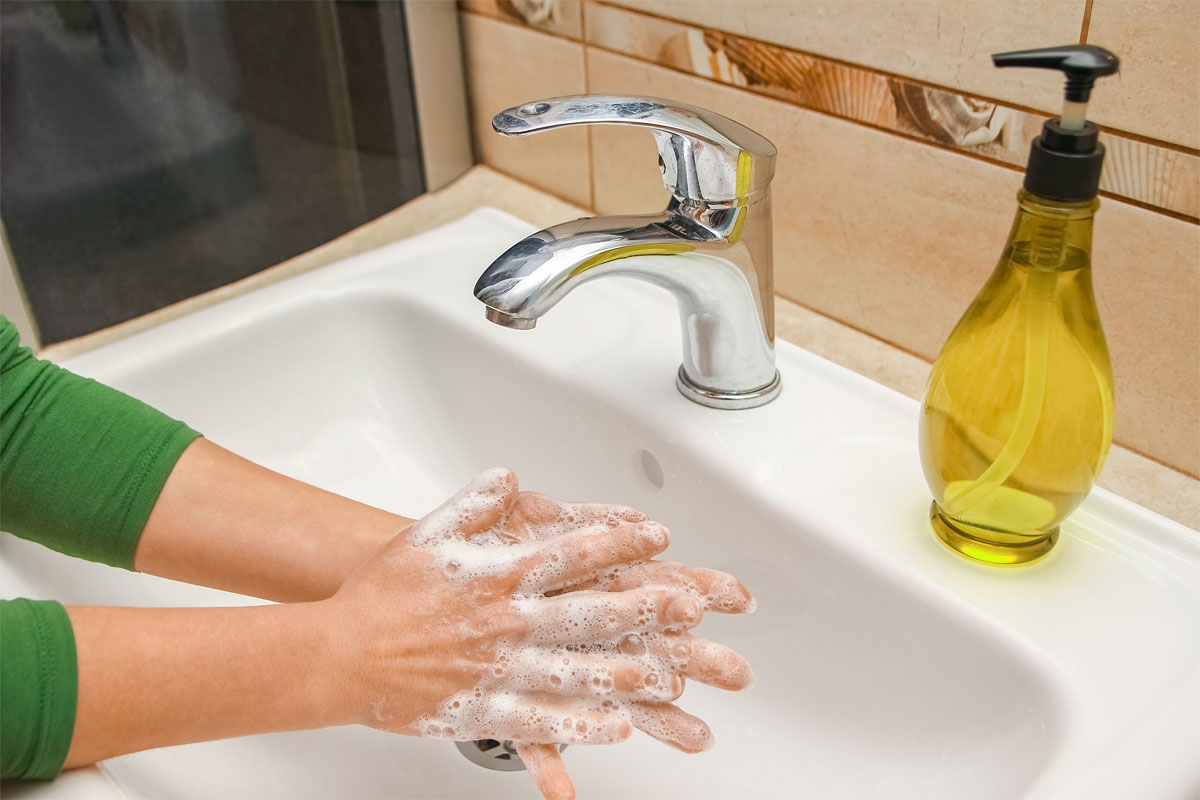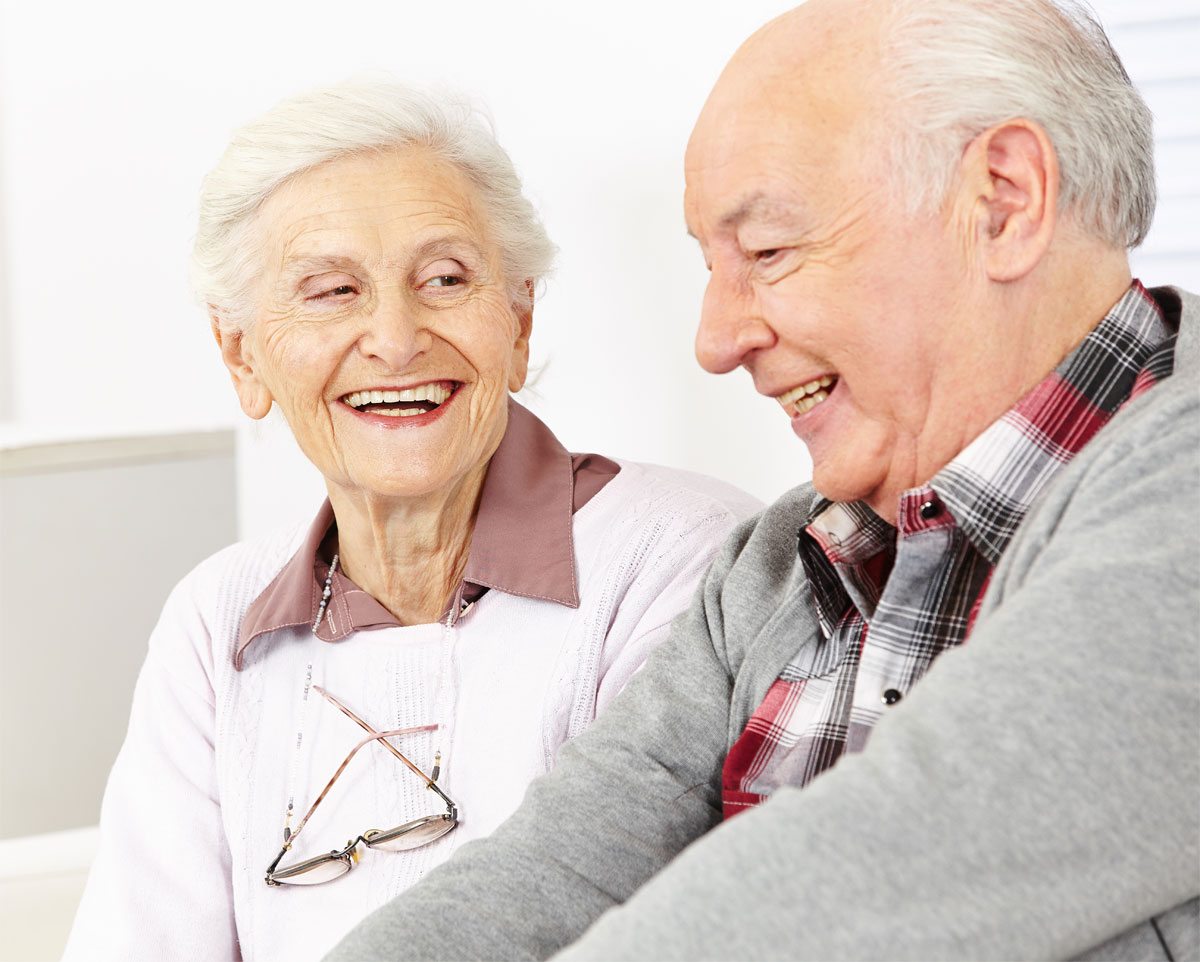Staying Healthy and Stopping the Spread of Coronavirus (COVID-19)
Novel Coronavirus, officially called COVID-19, has arrived in Texas (track the state’s up-to-date case count by county here). With the spread of the highly contagious disease in our state, Gulf Coast Health Center wants to do everything we can to help keep our communities safe and healthy by raising awareness and preventing further transmission of this virus. Whether you’re part of an at-risk group or not, the best way to keep yourself, your loved ones, your neighbors, and people who are at a high-risk safe from COVID-19 is to educate yourself on the facts about the novel Coronavirus.
How Does Coronavirus Spread?
COVID-19 is transmitted through exposure to respiratory droplets deposited into the air from sneezing or coughing. It can also spread as a result of touching contaminated surfaces.


Tips for Preventing the Spread of COVID-19
Basic preventative measures against novel Coronavirus include:
- Frequent hand washing
- Social distancing
- Not touching your eyes, nose, or mouth
- Covering coughs and sneezes
- Wearing a mask when you are sick
- Disinfecting frequently used or touched surfaces
What Are the Signs and Symptoms of COVID-19?
- Patients with COVID-19 report:
- Mild to severe respiratory illness
- Dry cough
- Fever
- Shortness of breath


Who Is at the Highest Risk Due to Coronavirus?
The following groups are at an elevated risk of developing serious illness after contracting COVID-19:
Adults over 65
People with medical issues such as:
- Lung disease and respiratory problems
- Heart disease or high blood pressure
- Diabetes
- Cancer
- Weakened immune system
What to Do If You Are Sick
Coronavirus symptoms can develop 2 to 14 days after exposure. If you suspect you have contracted COVID-19, follow the CDC’s recommendations, which include staying at home, monitoring symptoms, avoiding contact with pets and people, wearing a mask, washing hands frequently, and sterilizing surfaces.
If you are a high-risk individual, call your doctor’s office right away for instruction. This will allow them to provide you with care without putting others at risk of exposure. If you have any emergency symptoms such as struggling to breathe, persistent chest pain, new confusion, or bluish lips, seek emergency care immediately.
If you are generally healthy and not a high-risk case, then it’s best to remain at home, stay hydrated, and care for yourself, as you would when suffering from influenza or a cold virus.
If you have symptoms of COVID-19 or have been exposed to someone who has been diagnosed, please call Gulf Coast Health Center or your nearest emergency room as soon as possible. We will provide you with instructions for receiving care without putting others at risk. If you have any other concerns, we welcome you to contact any of our five clinics.




